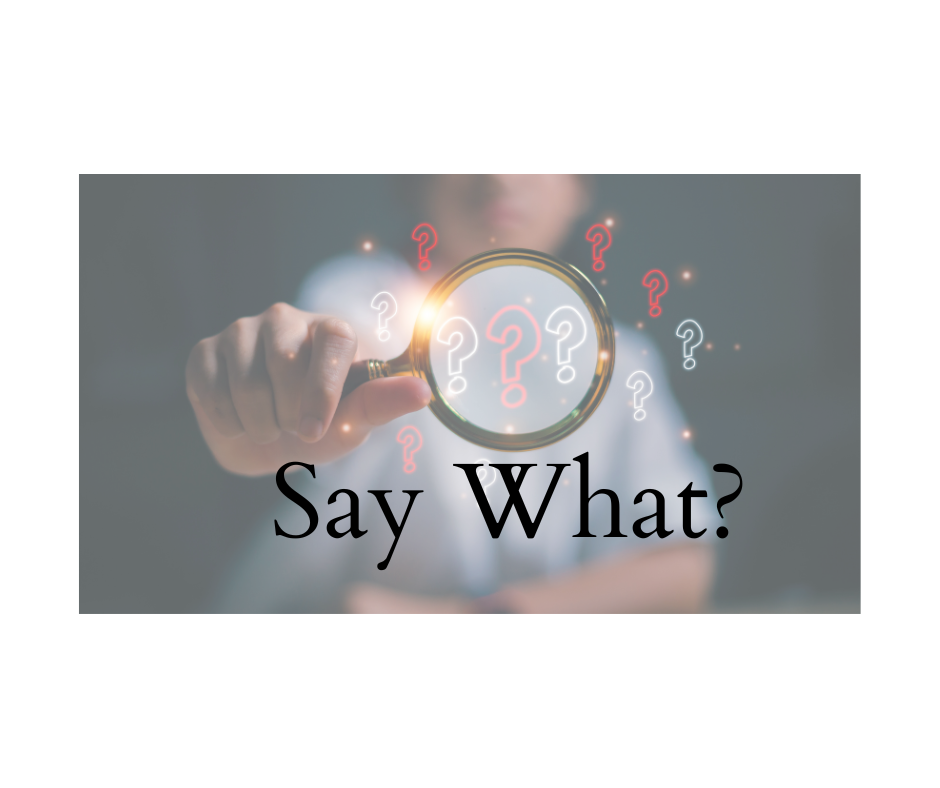Not Always “As” You “Like” It
Do you recall the 1950s’ cigarette commercial jingle that went like this: “Winston tastes good, like a cigarette should”? I know this dates me, but I do. I also recall being told in school that this sentence is grammatically incorrect. If you’re like me, you struggle a bit with like and as. Why? Because in modern usage, using like instead of as has become almost accepted and integrated into modern language. On Garner’s scale of 1-5 (Garner’s Modern American Usage), with 5 indicating a word or phrase has become “universally accepted,” he rates this usage as a 4.
Grammatical purists insist that using like as a conjunction rather than a preposition breaks the rule. The rule they are referring to states that like is a preposition that functions as an adjective, not an adverb, and must be followed by a noun or pronoun. As or as if is a conjunction. Conjunctions connect clauses. Hence, grammarians cringed at the ad claiming that in the offending line, like functions as a conjunction joining an independent clause—”Winston tastes good”—with a subordinate clause—”a cigarette should [taste].”
When like is used as a preposition it means “similar to” or “typical of.” Notice how you could replace like with similar to in the following examples:
- Alice looks like her mother.
- Her dress looked like an original Donna Karan.
A common mistake is using like when as if is what’s called for:
- It looks
likeas if the government shutdown is about to come to an end. - Joan looks
likeas if she has lost her best friend.
In both examples, as if functions as a conjunction connecting two independent clauses. However—and do keep this in mind—when writing fiction, there are occasions (sometimes a lot of them!) when a character is going to think and speak inaccurately, based on who he is, his background, his education. In many manuscripts I critique and edit, I allow the writer to break this rule because I can tell the characters would break certain grammatical rules. And you must always keep characters in character!
Although grammarians have agreed for hundreds of years that using like as a conjunction is not standard grammar, even The Chicago Manual of Style acknowledges that it is increasingly acceptable in spoken and colloquial usage and advises “consider context and tone when deciding whether to impose standard English.”








I was under the impression that it was grammatically unsound to connect two independent clauses with only a conjunction. Are there exeptions to that?
You said that in this sentence:
Joan looks like as if she has lost her best friend.
“as if functions as a conjunction connecting two independent clauses.”
First, is “Joan looks” an independent clause? That feels like it could be a complete sentence by itself, but I also feel like it needs something like the “as if she has lost her best friend.”
Those last couple examples confused me a bit.
That example is not in regard to using “as if” as a conjunction between two independent clauses. Those two grouped examples are just showing other ways people incorrectly use the phrase. Make sense?
Explain in a short/simple way (Ü)the correct usage in “If you’re like (me, I),…”. A teacher told us to continue the phrase with the verb in comparison- example: “If you’re like I am,…” or “Walk like I walk…”. Most of the time I hear “If you’re like me, …”
In causal writing there is nothing wrong with using “If you’re like me.” The word like as a preposition has become acceptable in common usage, so it’s up to the writer to determine when it’s appropriate. I did a post recently that you can review on like and as: https://www.livewritethrive.com/2014/02/21/not-always-as-you-like-it/